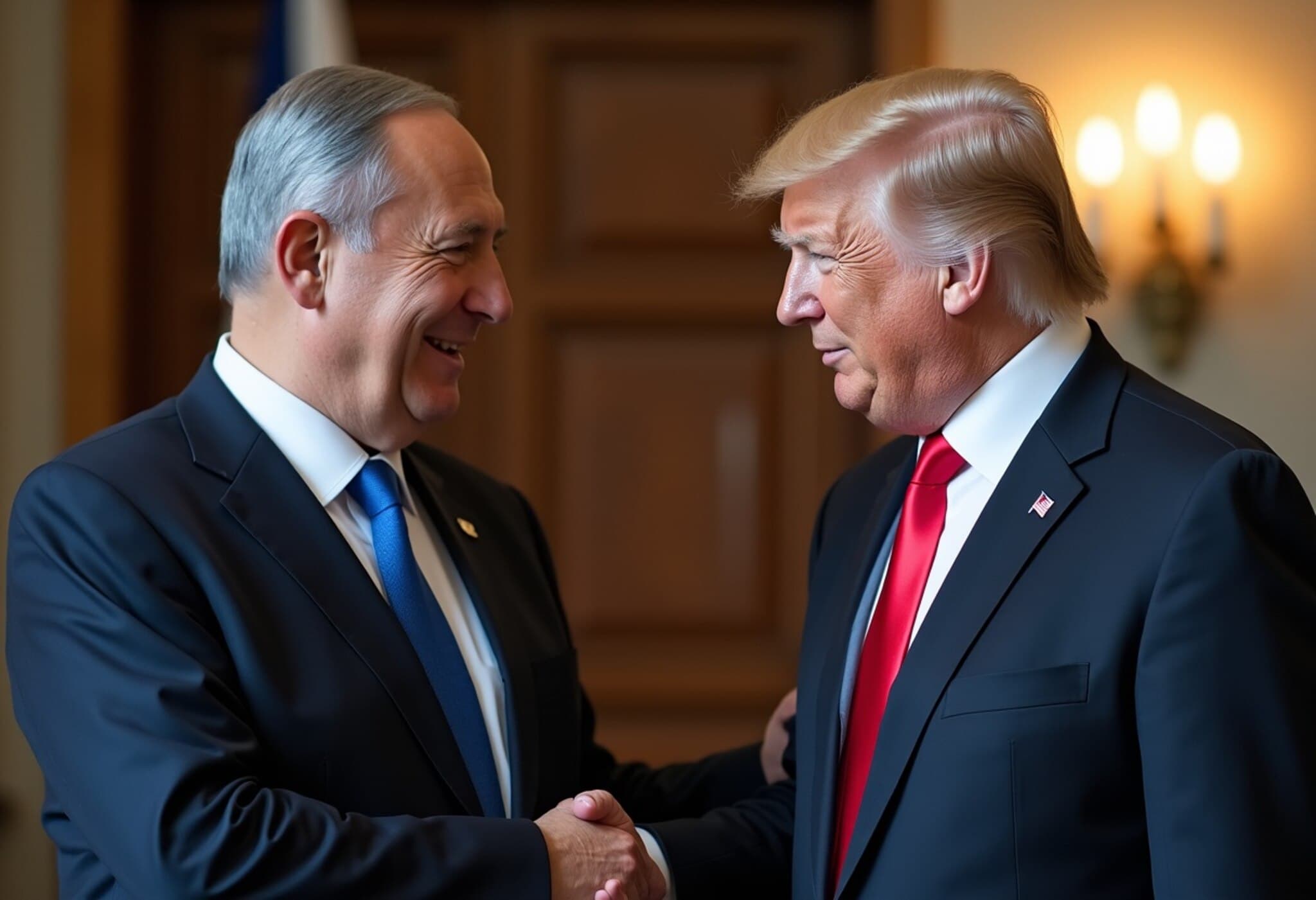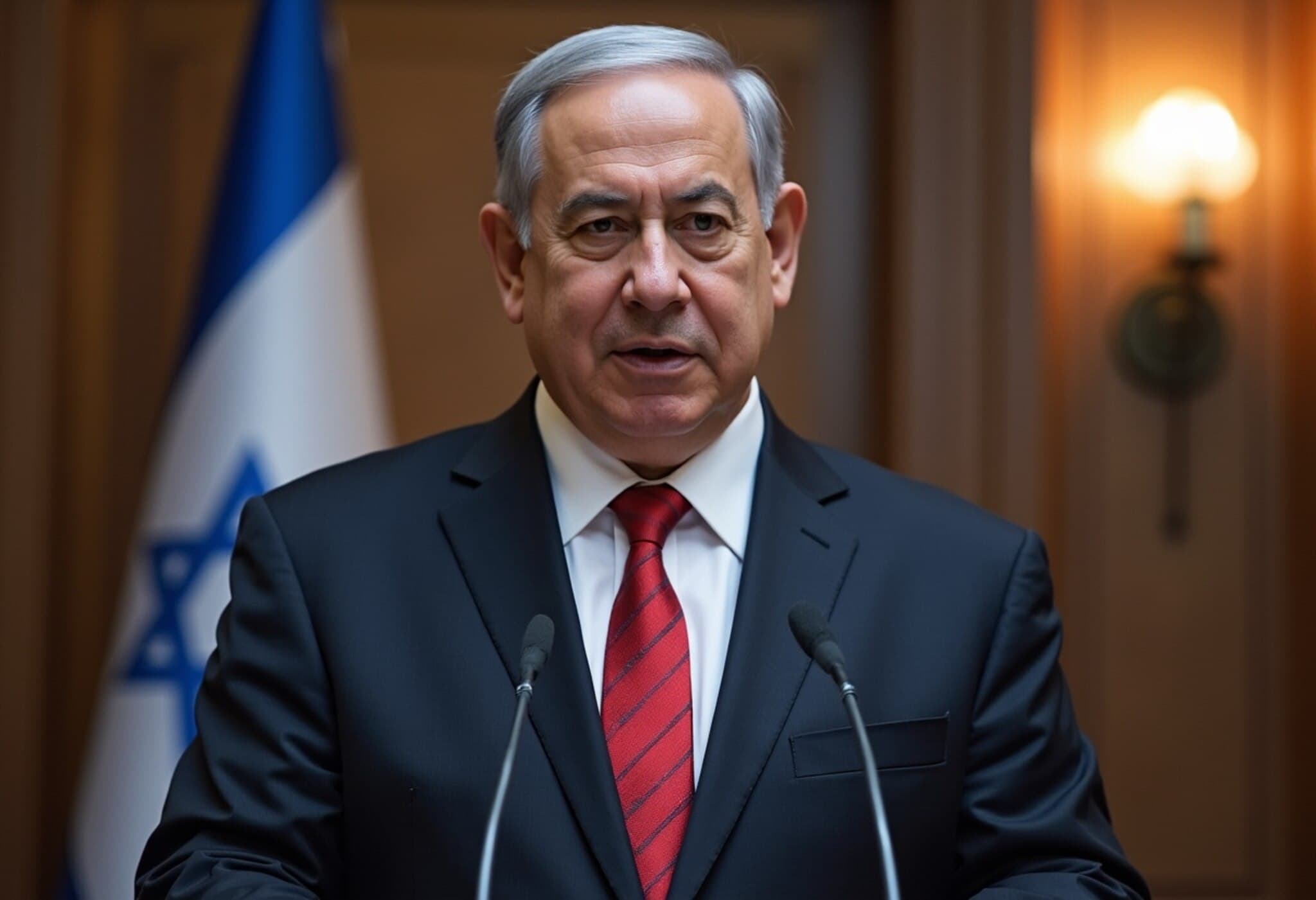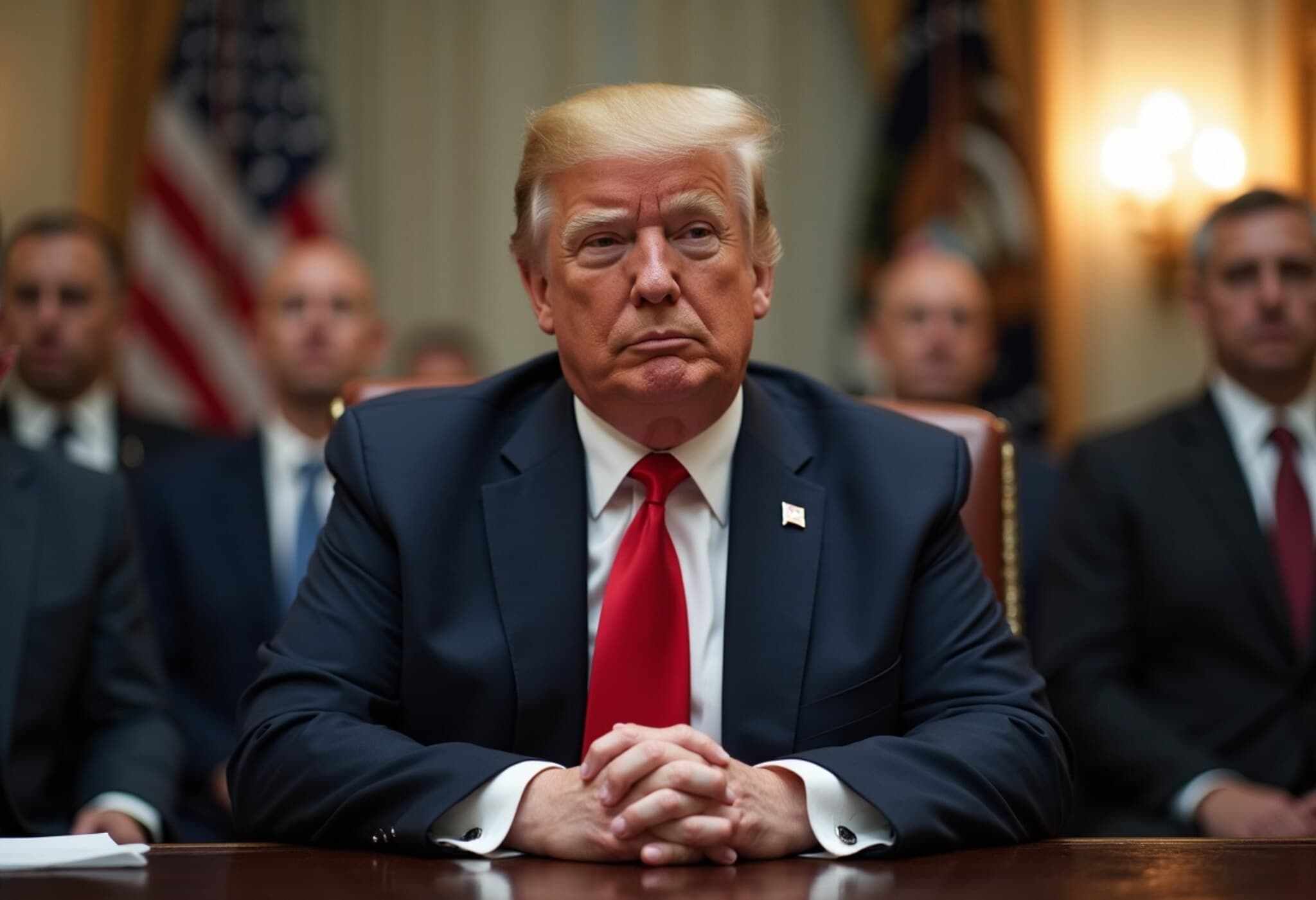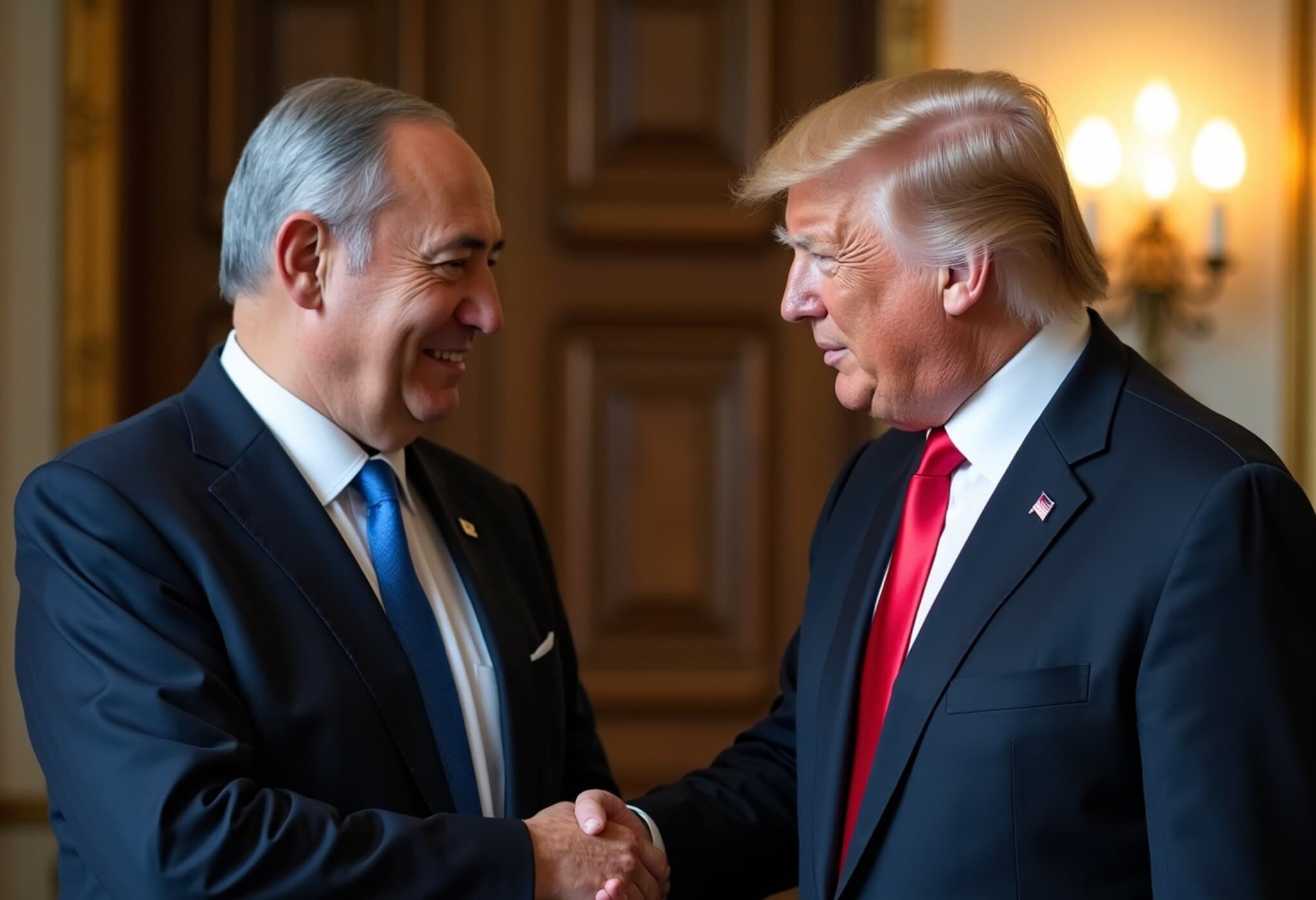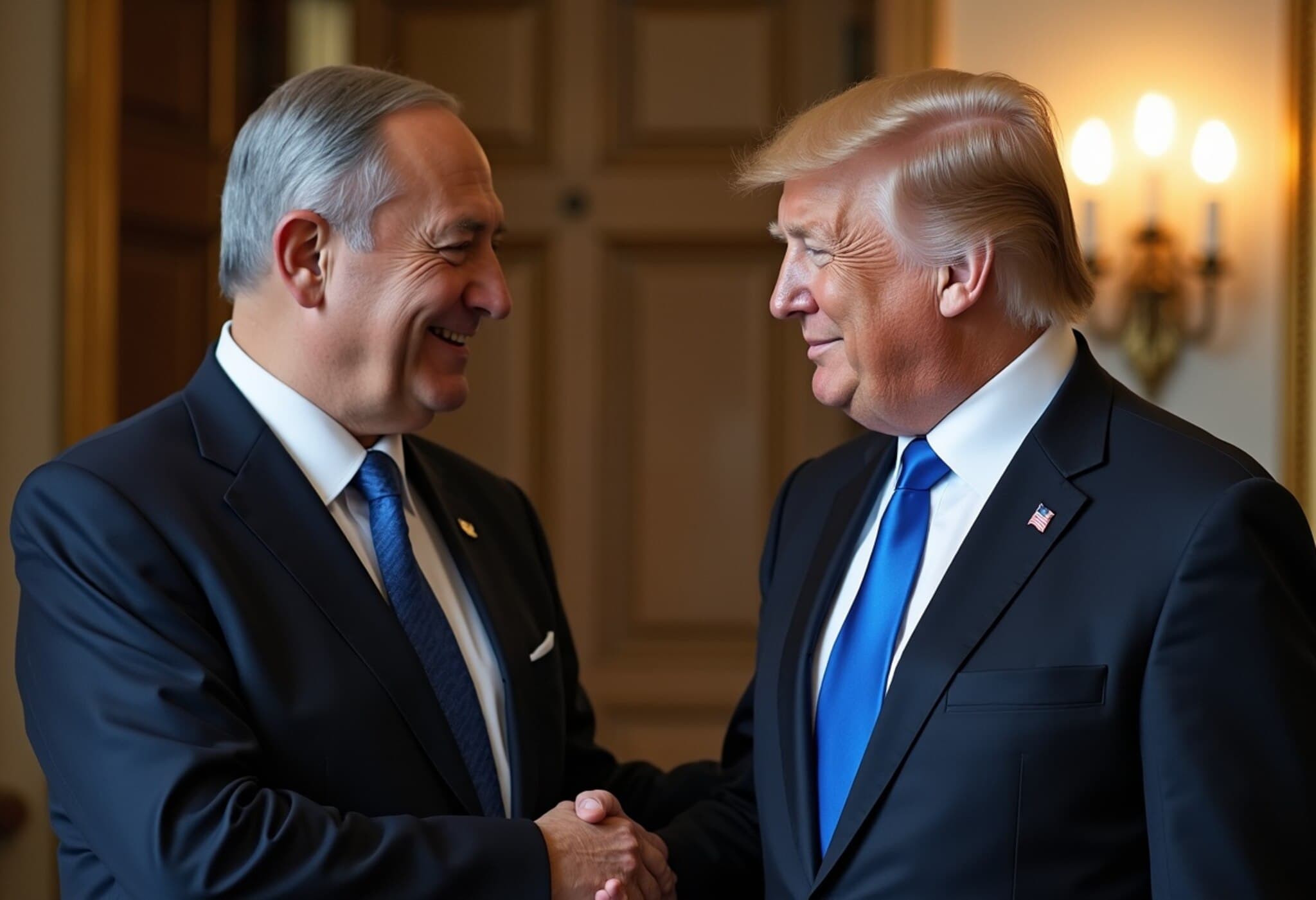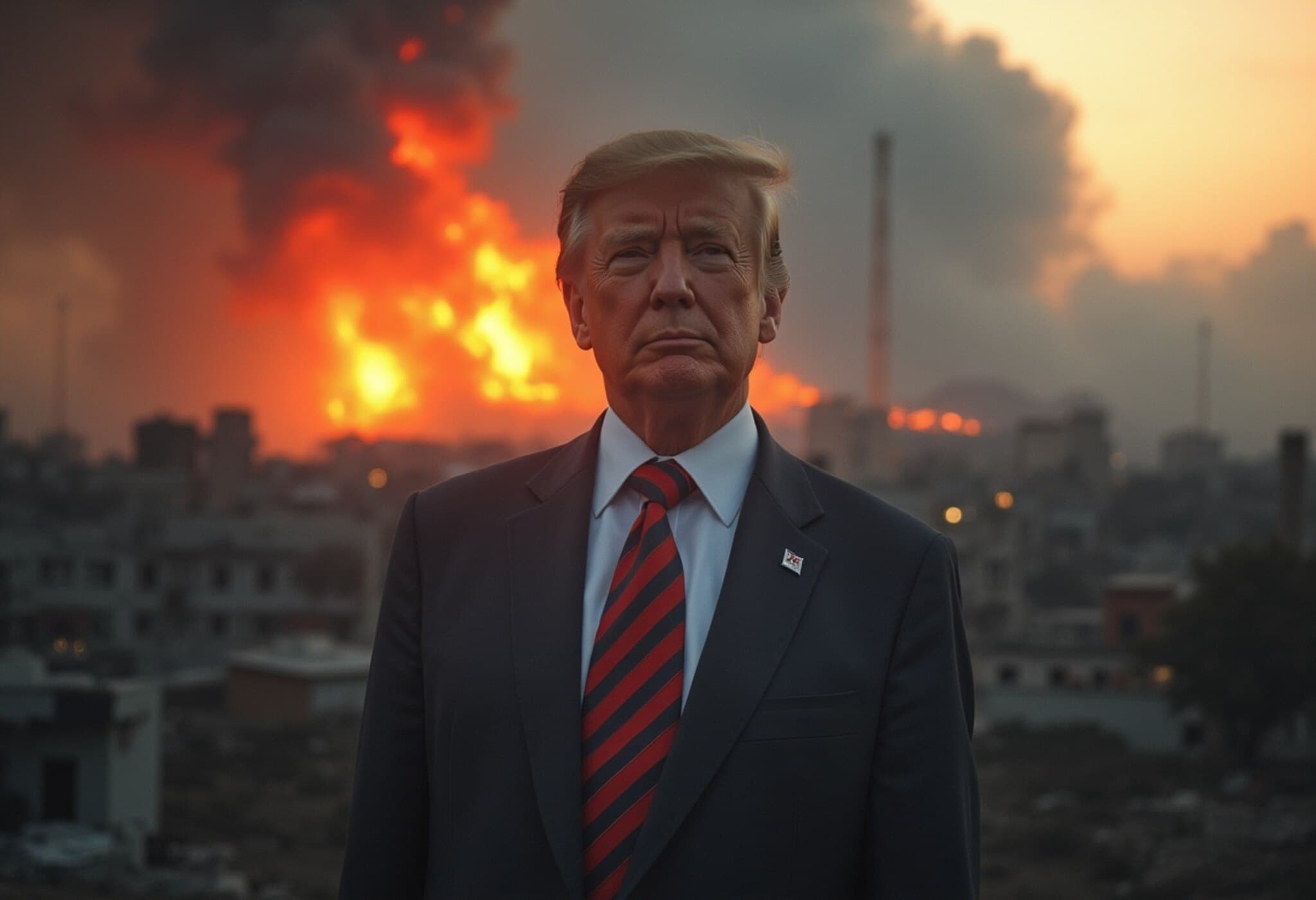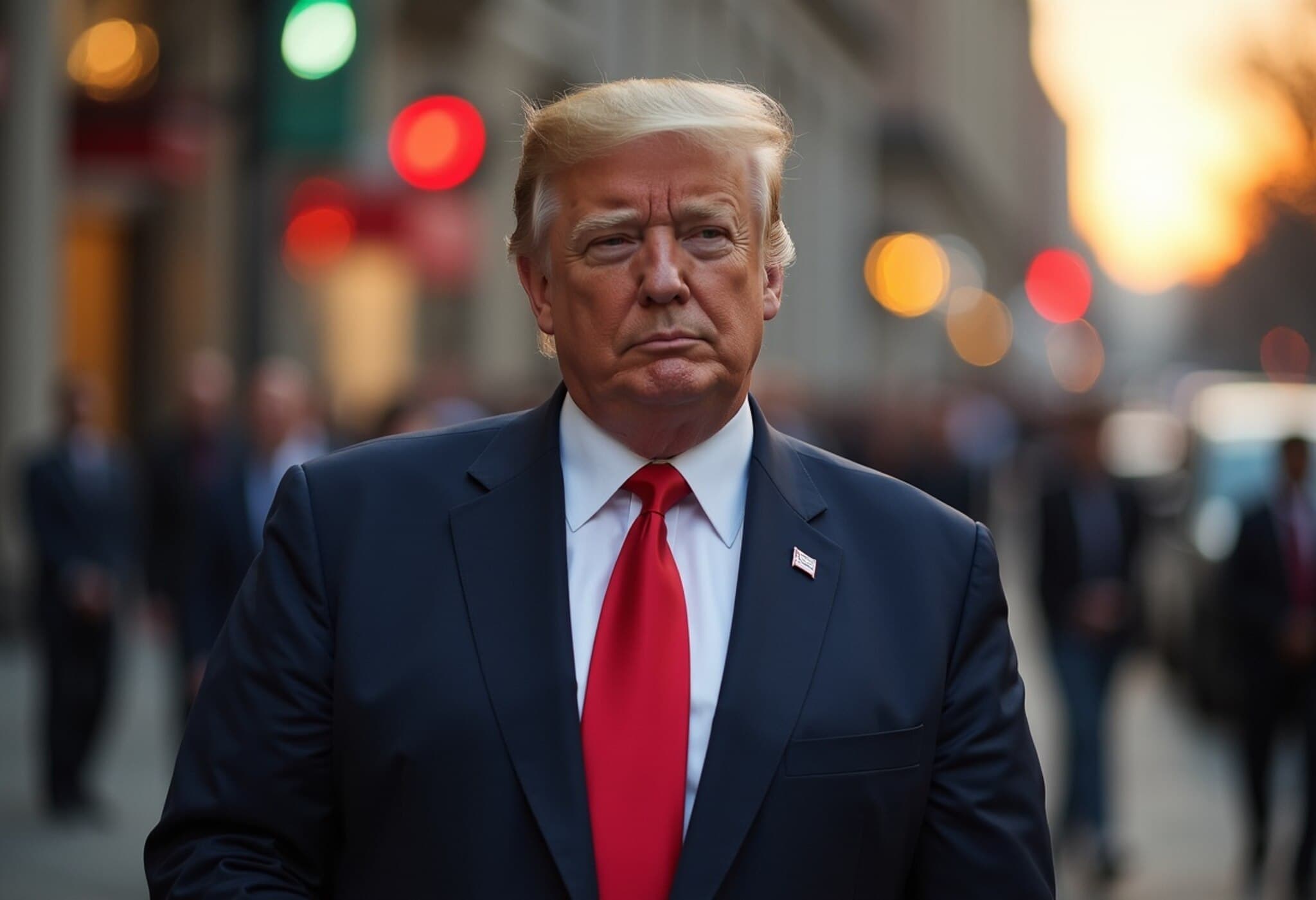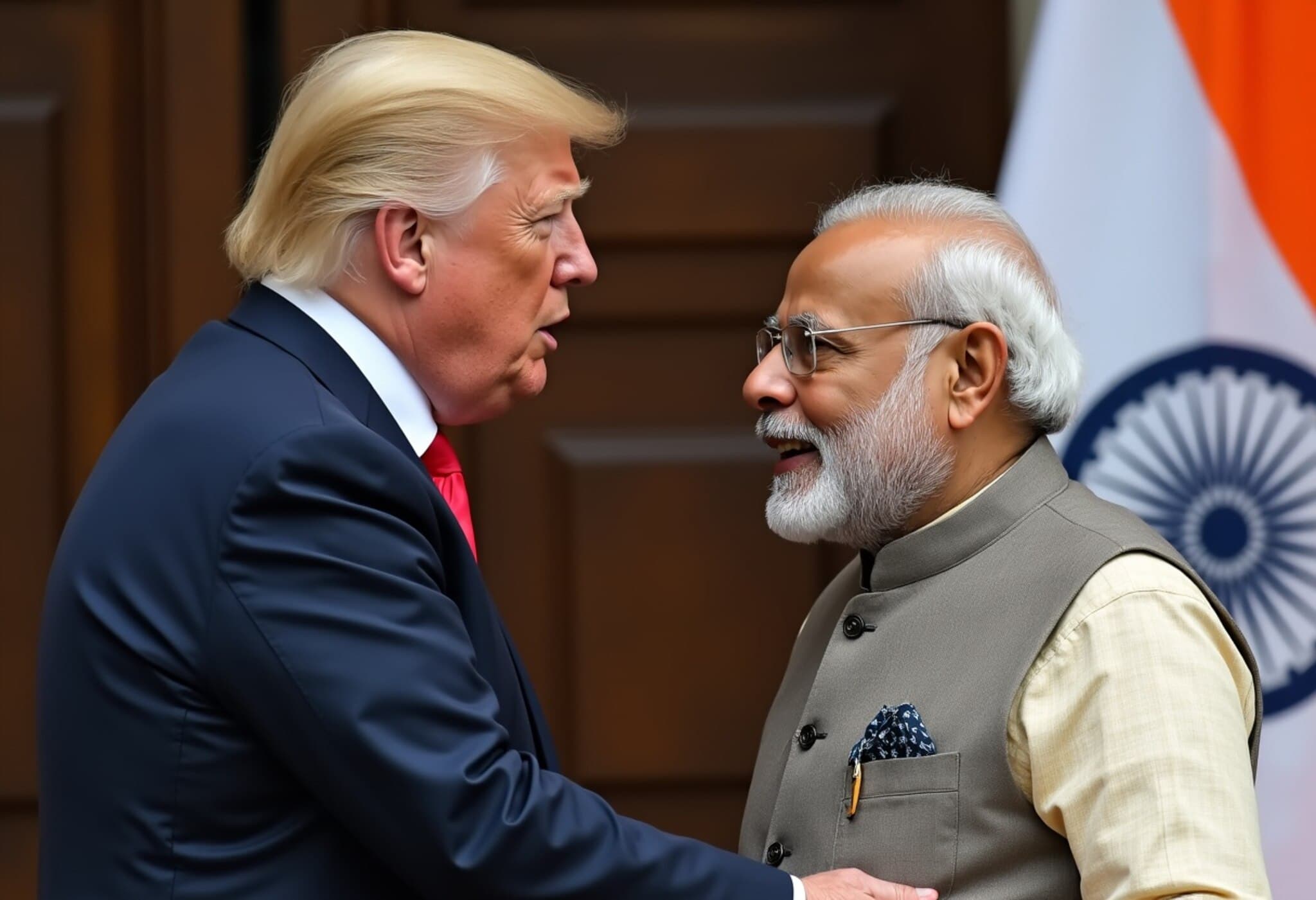Netanyahu Nominates Trump for Nobel Peace Prize Following White House Meeting
In a notable display of diplomatic camaraderie, Israeli Prime Minister Benjamin Netanyahu announced on Tuesday that he has formally nominated U.S. President Donald Trump for the prestigious Nobel Peace Prize. The nomination comes amid ongoing efforts to stabilize the Middle East, particularly after a recent conflict involving Iran.
Recognition of Leadership Amid Regional Turmoil
Netanyahu presented President Trump with a letter addressed to the Norwegian Nobel Committee — symbolizing his nomination — highlighting Trump’s "leadership of a just cause." This commendation specifically referenced Trump’s authorization for U.S. military planes to enter Iranian airspace to target nuclear facilities last month, a bold move that concluded a 12-day escalation between Israel and Iran.
During their meeting at the White House's Blue Room, Netanyahu praised the "extraordinary team" supporting Trump, describing the president’s efforts as pivotal not only for Israel’s security but for peace across multiple regions. “I want to express the appreciation and admiration, not only of all Israelis, but of the Jewish people and many, many admirers around the world for your leadership,” Netanyahu said, underscoring the wide-reaching impact he attributes to Trump’s policies.
Strategic Timing and Diplomatic Implications
This visit marks Netanyahu’s third to the United States during Trump’s current term — his first since the Iran conflict’s de-escalation. Ahead of the meeting, Netanyahu expressed optimism that discussions in Washington would bolster the peace negotiations currently taking place in Qatar between Israel and Hamas.
He remarked, “I think our teams together make an extraordinary combination to meet challenges and seize opportunities.” Netanyahu further lauded President Trump’s role in forging the Abraham Accords, a series of groundbreaking normalization agreements between Israel and several Arab nations, calling it a testament to Trump’s commitment to regional peace.
White House Acknowledges Broad Middle East Agenda
White House Press Secretary Karoline Leavitt confirmed that the two leaders delved into numerous pressing issues in the Middle East, highlighting an ongoing dialogue and collaboration. She remarked that many matters were ``obviously ongoing” in the region, signaling continued U.S. engagement in facilitating diplomatic resolutions.
Exploring Broader Context and Underreported Narratives
While Netanyahu’s nomination emphasizes Trump’s assertive approach toward Iran and peace-building initiatives, the gesture also invites scrutiny. The Nobel Committee traditionally considers lasting, robust peace efforts, which some analysts argue require multilateral diplomacy beyond military interventions and high-profile accords.
Moreover, the nomination sheds light on the complex U.S.-Israel relationship, framed by geopolitical interests and shared democratic values, but also challenged by the enduring Israeli-Palestinian conflict. As peace talks with Hamas unfold, the international community remains watchful of the prospects for a genuine and sustained resolution.
American Policy Implications
- Trump’s strategic military decisions reflect a hawkish yet calculated posture, intensifying some conflicts while attempting to create leverage for peace talks.
- The emphasis on the Abraham Accords signals a shift toward diplomacy realigned with U.S. interests in the Middle East, encouraging economic and diplomatic normalization in a historically volatile region.
- Congress and U.S. foreign policy experts continue to debate the balance between military intervention and diplomatic engagement, with this nomination stirring fresh conversations on America’s global peacekeeping role.
Editor’s Note
Netanyahu’s Nobel Peace Prize nomination of President Trump encapsulates the intertwined complexities of leadership, military strategy, and peacecraft within the volatile Middle East landscape. It raises critical questions about the criteria for peace accolades in a world where conflict and diplomacy are often inseparable. As the region navigates fragile ceasefires and nascent negotiations, the international community must critically evaluate the sustainable outcomes of such peace initiatives beyond headline-grabbing honors.

